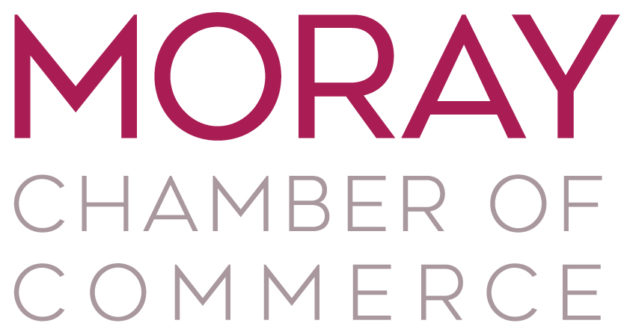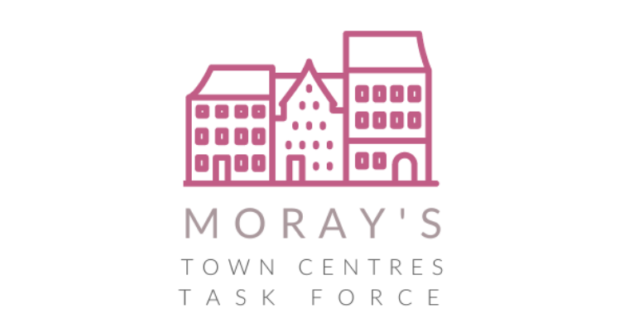Chamber News
Moray Pathways | Moray Employer Recruitment Incentive
20 August 2024 • Sarah Medcraf

The Moray Employer Recruitment Incentive helps people with the greatest barriers to employment get jobs and stay in jobs. The Incentive is coordinated by the Moray Pathways Local Employability Partnership, funded by the Scottish Government and administered by Moray Council.
Moray Pathways is the local employability partnership that includes a large network of employment support organisations and local employers from the public, private and third sector. Supporting individuals who require additional help into fair and sustainable jobs.
Employers from Private, Public and Third Sector Organisations can apply for this funding. It can provide up to £8807 for newly created job placements. The position created must be in line with the Fair Work guidance which you can find here. Employers who are successful receive the money direct. MERI funding this year is limited, therefore approval is not guaranteed.
Find out more about the funding for employers and placement vacancies.
Application Guidelines
- Applications will be scored according to set guidance.
- If accepted, the employer will be notified via email. They will also be informed of the grant amount (see table below for guidance).
- Moray Pathways practitioners will endeavour to match the employer with a suitable participant. Additional information about the post may be required from the employer at this point.
- The matching process will be open for 2 weeks. If there is interest, we kindly ask the employer to wait until the end of the 2 week period before making a decision.
- If matching is unsuccessful, the post will be advertised via our Moray Pathways website using our standard Moray Pathways application form. A link to the job advert will be sent to the employer to allow advertising via their own channels. Vacancy advert will be open for a maximum of 3 weeks.
- Employers must have a participant in post within 8 weeks of approval. If this is not met, the grant offer may be withdrawn.
- Employers should carry out an appropriate and fair recruitment process.
- Participants must meet the criteria outlined within the Referral Form.
- Once a recruitment decision has taken place, the employer should submit the Referral Form. Once approved, the employer will then receive a formal grant offer letter.
- A Keyworker will be allocated to provide support/guidance and to oversee progress. Please note that payment of the grant is dependent on this support in addition to the receipt of relevant documentation.
- Employees must be issued a contract, a copy of which must also be sent to Moray Pathways. The contract can be permanent or fixed term for a minimum of 6 months.
- The employers will be required to pay an hourly minimum of Real Living Wage (currently £12.00). Employers should also keep in line with any government increases within Real Living Wage. Contracted hours must be no less than 8 per week. The maximum number of hours is 48 (40, if under 18 years of age).
- Flexible / Zero-hour contracts are not permitted.
- Employers are expected to invoice monthly (in arrears) for grant payment, although this can be flexible. Payslips must accompany invoices. Please note it can take up to 30 days from day of submission for payments to be processed.
- The employer may also use their allocated MERI grant to claim for additional costs related to the employee (e.g. training, required clothing, equipment). Evidence of this should also accompany the invoice.
- Employers must spend their fund before the end of March 2025.

Criteria
All potential MERI placements must be currently unemployed and must fit one or more of the following criteria.
- Long-Term Unemployed (**see note below)
** Eligible Long-term unemployed participants are:
Individuals who have not been engaged in employment, training or education for 12 months or more and are experiencing additional barriers to securing employment (see below for additional barriers). Please highlight at least one other additional barrier from table below if long-term unemployed:
- Disabled, +/or D/deaf person (includes those experiencing mental health issues and those who have an impairment or long-term health condition)
- Living in a household with children in poverty
- Primary Carer
- Gypsy/travelling community
- Person with a conviction (including CPO’s)
- Refugee or other granted leave to stay in the UK
- Person aged over 50 years
- Lone parent
- People from Ethnic Minority backgrounds and racial groups, with a targeted approach informed by local population data.
- Person living in the 15% most employment deprived SIMD geographies (see ESF Scottish Local Authority Employment Deprived Area Postcodes list).
- Homeless person (including temporary or unstable accommodation)
- Person living in an area defined as “rural area” or “very remote rural
- Living in a jobless household
- Person affected by substance misuse
2. Physical Health Condition/Disability
3. Mental Health Condition
4. Parent or Lone Parent with children experiencing poverty
5. Young People at risk of not participating in learning, training or work (e.g. care experienced). *Young people aged 15-25, or 26 if care experienced
6. Minority Group
7. Veteran
If you have any questions about MERI, please get in contact at Moraypathways@Moray.gov.uk

















